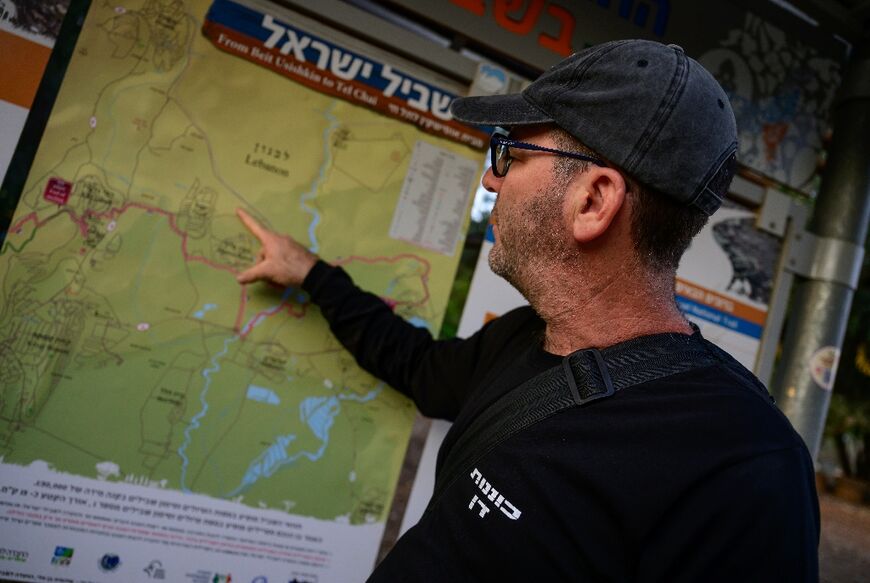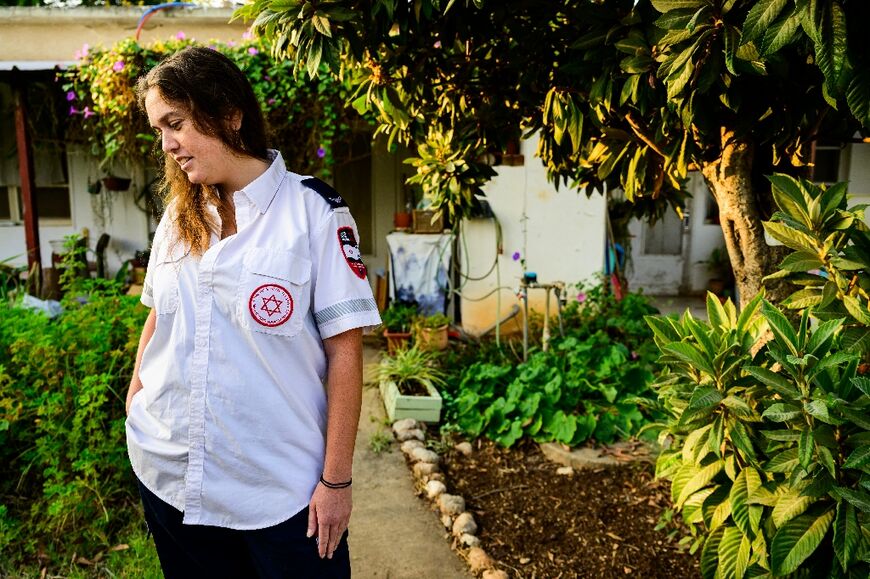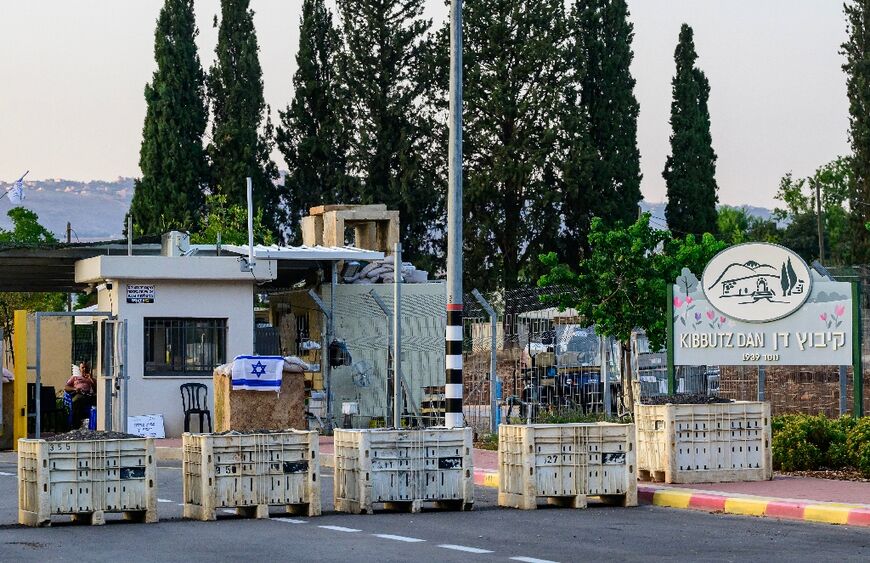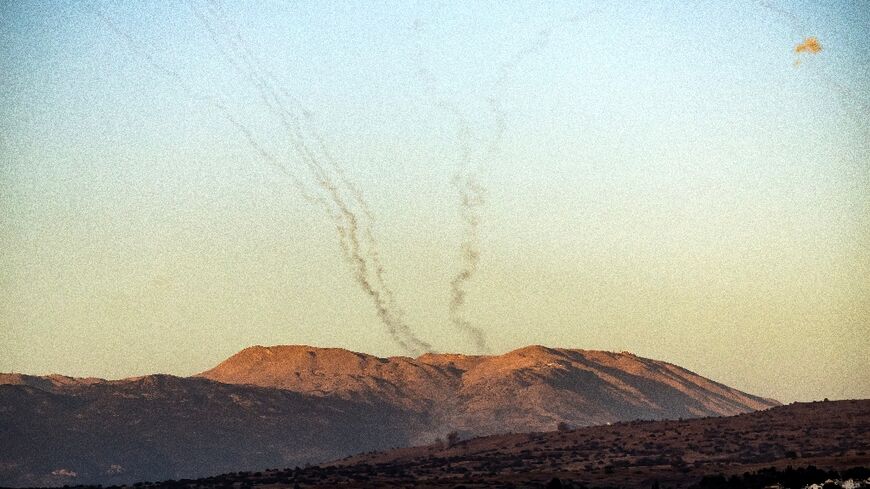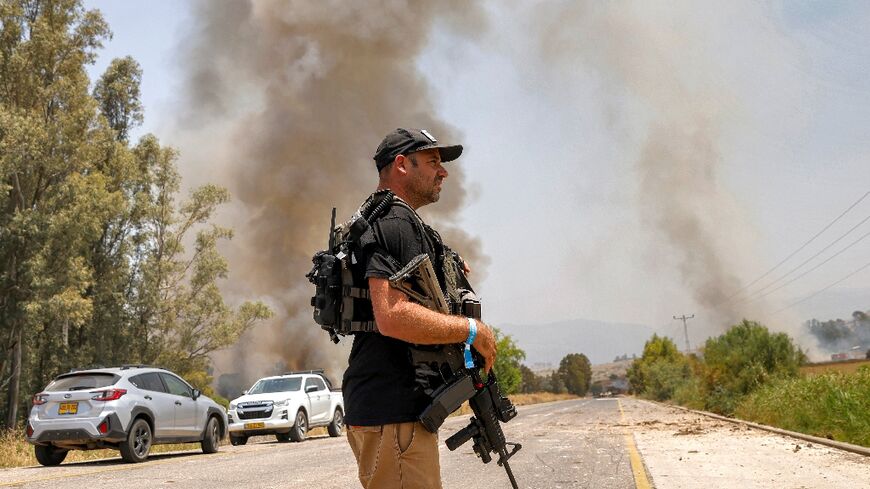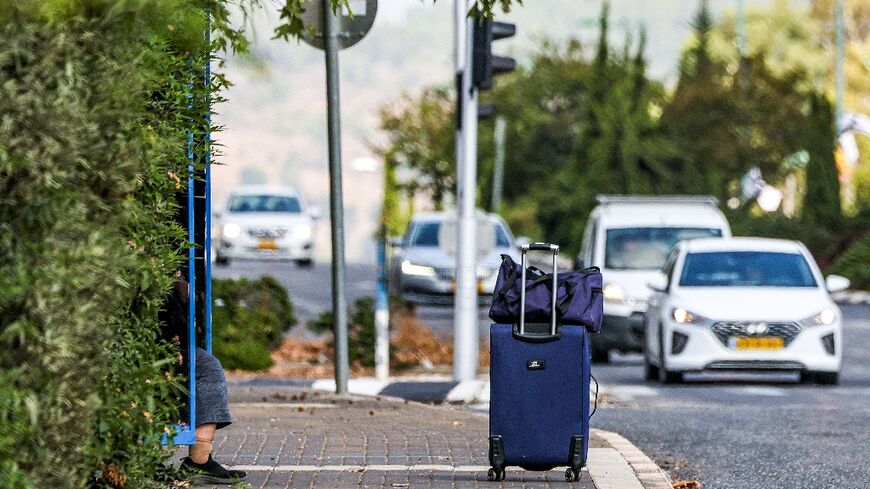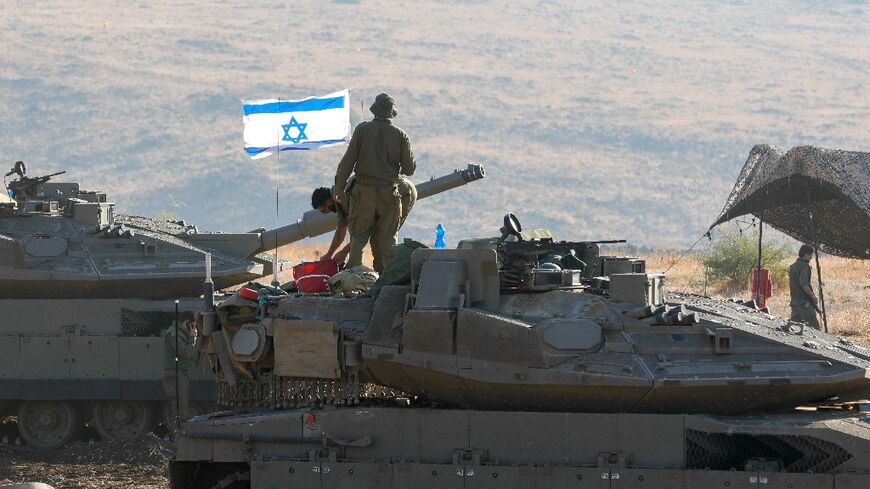Kibbutz stalwarts stand ground on Israel's north front
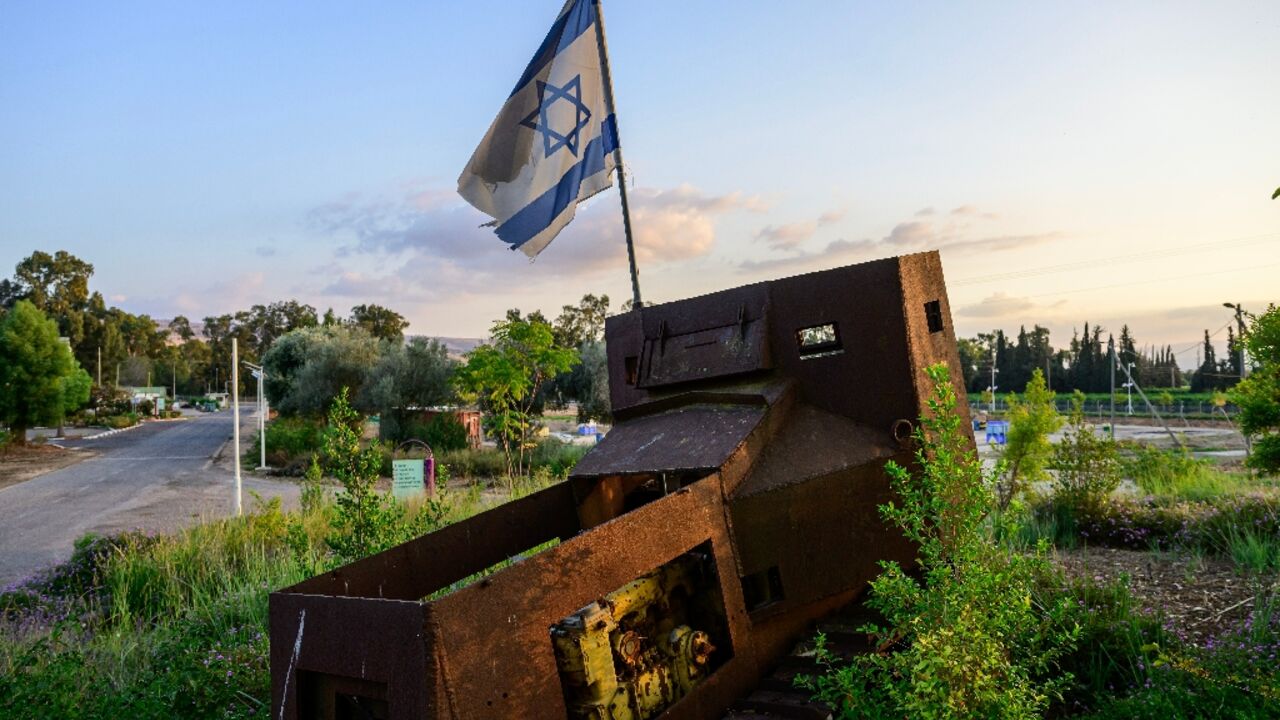
Mya Pikoos used to leave the door of her kibbutz home in northern Israel unlocked. Now she sleeps with a commando knife and pepper spray under her pillow.
Kibbutz Dan, typically home to around 850 people, has become a ghost town since the Hamas attacks in southern Israel on October 7.
The lanes are lined with citrus trees laden with ripe and unpicked fruit. Untended cats prowl by day, and jackals and boars roam the vacant lots at night.
The community borders Lebanon, where Israel trades daily strikes with Hezbollah, and residents fear it will become a new front in an all-out war.
"It's the place I love and I don't want to let go," said Pikoos, 30, now a volunteer paramedic, as Israeli drones looped lazily overhead.
"I vowed to myself that as long as I can be useful and help out... then I want to stay and do as much as I possibly can."
On her most recent shift with Magen David Adom, Israel's paramedic service, she treated soldiers wounded in a missile attack on the border.
- 'War here now' -
Only around 30 stalwarts remain in Kibbutz Dan, facing the constant threat of Hezbollah attacks from across the border just three kilometres (two miles) away.
They include farmers tending avocado groves, a few essential workers like Pikoos, and the community's armed private security squad.
"There is a war here now," said Yoav Hermoni, a former tour guide and member of the kibbutz rapid response team.
"It's very silent and quiet and calm. But from time to time you can hear the sound of artillery explosions, anti-tank missiles, rockets that are falling here and very close to the kibbutz."
Almost on cue, distant guns thudded. Three Israeli civilians and six soldiers have been killed in cross-border attacks since the war with Hamas broke out.
Cross-border skirmishes have killed at least 88 people in Lebanon, mostly Hezbollah combatants but also 10 civilians, according to an AFP tally.
The Israeli military frequently announces strikes on Hezbollah targets, and on Thursday it army said "fighter jets carried out strikes on Hezbollah terror targets in Lebanon".
- Air raid sirens -
Hamas fighters stormed out of the Gaza Strip into southern Israel kibbutzim and towns on October 7 and according to Israeli authorities killed some 1,200 people -- mostly civilians.
The Hamas-run health ministry in Gaza says the death toll from Israel's offensive there has now hit 11,500, again mostly civilians and including thousands of children.
An unprecedented attack similar to that of October 7 "can happen at any moment" in the north, Hermoni said.
"Every day they can attack us like in the south. The same thing can happen here and we cannot let it," he said.
Nearby a band of kibbutzniks in drab olive uniforms guarded the main gate of the empty commune, armed with assault rifles and formidable moustaches.
Shortly before Hermoni spoke, rockets from Lebanon landed in open areas nearby.
Hours later, an unidentified aircraft entered Israeli airspace, triggering air raid sirens.
But paramedic Pikoos remains defiant about the looming threat of attacks from across the border.
"The first two weeks were the most tense weeks in my life," she said.
"Even though there's a lot of really scary moments here, people are dedicated and full of love and want to save people or save the place where we live."


